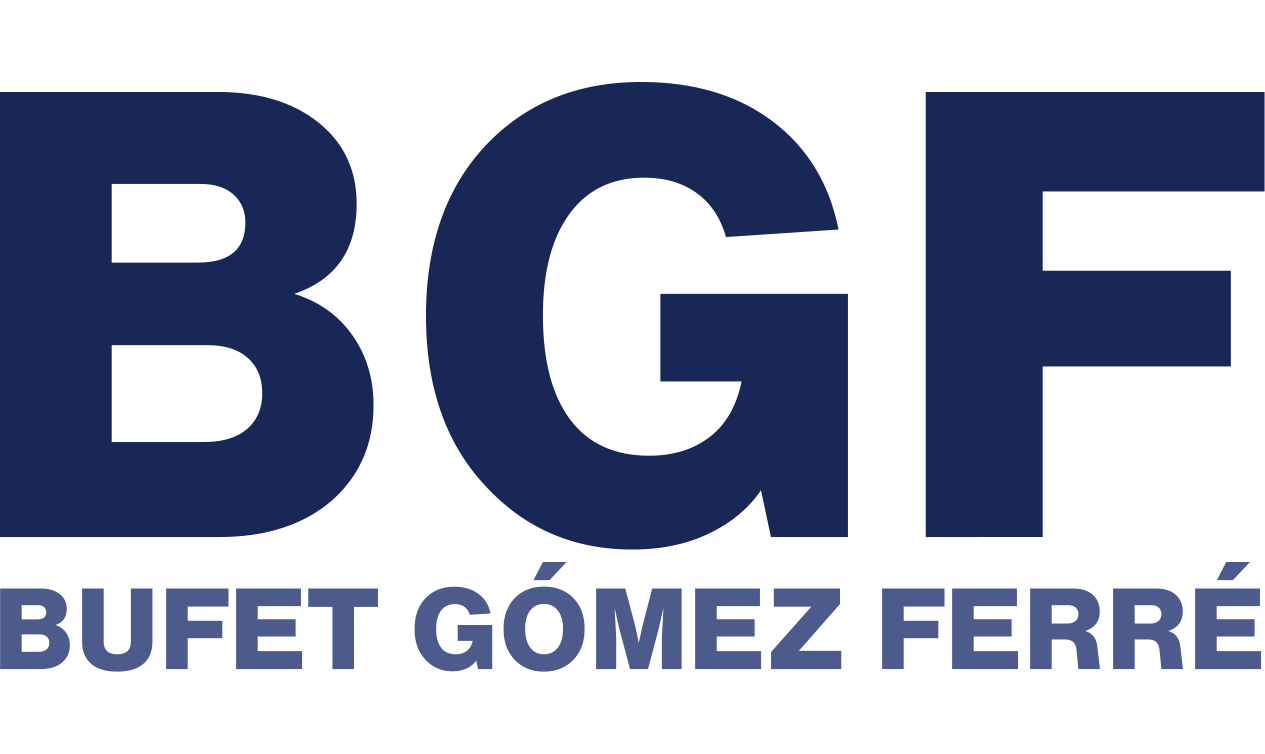
In every homeowners’ association, coexistence is based on a basic principle: that all property owners fulfill their financial obligations to cover common expenses. However, this is not always the case. The non-payment of ordinary fees or extraordinary charges (special assessments) by delinquent neighbors is a frequent problem that, if not managed in time, can put the community’s financial stability at risk.
If you need to know how to claim unpaid community fees, in this article we explain the process. As lawyers specialized in debt recovery and delinquency claims, we detail what the law says, the steps to follow, the deadlines, and the legal consequences for the debtor.
What does the law say about debt collection in homeowners’ associations?
The Horizontal Property Law (LPH) is the regulation that governs homeowners’ associations in Spain. Specifically, its Article 9 establishes the obligation of all owners to contribute, according to their participation quota, to general expenses for the proper maintenance, services, charges, and responsibilities of the community.
When an owner fails to meet this obligation, the LPH, reinforced by the Civil Procedure Law (LEC), grants communities the possibility to judicially claim unpaid fees through the order for payment procedure, a quick and straightforward process to claim liquid, due, and payable debts.
How to claim a debt in a homeowners’ association?
The procedure to claim debts in homeowners’ associations includes the following phases:
- 1. Call a Homeowners’ Meeting
The exact settlement of the debt must be included on the agenda together with the authorization to initiate legal action. If necessary, the appointment of a lawyer specialized in community debt recovery or a court representative (procurador) is also approved to represent the association in the process.
- 2. Notify the debtor
The delinquent owner must receive a formal notification (burofax, certified letter, authorized email, or community notice board if no other method is available) detailing the amount owed and including the payment demand.
- 3. Debt certification
The secretary-administrator, with the president’s approval, must issue an official certificate detailing the unpaid ordinary fees or special assessments.
- 4. Order for payment procedure
If no voluntary payment is made, the association may file a claim before the Court of First Instance where the property is located, attaching all supporting documentation.
- If the debtor does not respond, an enforceable title will be obtained, allowing the seizure of assets.
- If the debtor opposes, the case will proceed to a verbal trial (when the debt does not exceed €6,000) or an ordinary trial (if it exceeds that amount).
- 5. Judicial enforcement
When there is a favorable judgment and the debtor still fails to pay, the court may order the seizure of assets and bank accounts, and even the debtor’s own home, until the debt plus interest and legal costs are covered.
Required documentation to claim a homeowners’ association debt
To initiate a claim for unpaid community fees, it is advisable to gather a series of documents to prove the debt and meet all the legal requirements for court proceedings, especially if the order for payment process is chosen:
- Minutes of the Homeowners’ Meeting approving the settlement and claim of the debt, together with the resolution authorizing the president or administrator to initiate legal action.
- Debt certificate issued by the secretary (or administrator) and signed by the community president.
- Proof of notifications sent to the debtor owner.
- Detailed statement of unpaid ordinary fees and special assessments, specifying periods, amounts, and due dates.
- Simple registry note of the property to prove ownership.
- Contracts or prior community agreements, if any exist.
- Power of attorney for the lawyer and court representative (if required).
It is also advisable to keep any prior communication, proof of expenses arising from the claim, and any additional documents that may serve as evidence before the judge (payment history, community expense budgets, prior agreements, etc.).
In any case, consulting a lawyer specialized in homeowners’ debt recovery is highly recommended to advise you on which documents are required in your specific case, help you properly prepare the file, and defend your interests during negotiation or legal proceedings.
When do debts with the homeowners’ association become time-barred?
Currently, debts with the homeowners’ association expire 5 years after they become enforceable, that is, from the moment the payment obligation is breached, according to the amendment to Article 1964 of the Spanish Civil Code in force since October 2015.
Debts prior to that date expire after 15 years, unless the statute of limitations has been interrupted during that time.
The law allows the statute of limitations to be interrupted by sending a formal notification to the delinquent owner, such as a burofax or certified letter. This communication must include the exact amount of the debt and the payment demand. By interrupting the limitation period, the countdown restarts, allowing the association to preserve its right to recover unpaid fees.
Consequences of not paying homeowners’ association fees
Many people wonder what happens if you don’t pay the community fees, and the truth is that the consequences can be significant, not only from a legal standpoint, but also economically and in terms of assets, which may result in:
Therefore, in the event of any difficulty in meeting fee or assessment payments, it is advisable to seek a negotiated solution as soon as possible or request guidance from lawyers specialized in homeowners’ debt recovery to prevent the situation from escalating and causing asset losses that are difficult to resolve.
Frequently Asked Questions
All unpaid fees can be claimed, as long as they have not expired under the statute of limitations (5 years or 15, depending on the date).
Yes. Prolonged non-payment may result in the seizure of assets, including the property itself, to cover the debt, costs, and interest.
To initiate an order for payment, hiring a lawyer is not mandatory, but in practice, having lawyers specialized in debt recovery makes the process easier and ensures that the procedure is carried out in compliance with the law, with greater chances of success.
Free legal consultation – Lawyers specialized in debt recovery for your homeowners’ association
Get a free consultation with our litigation lawyers in Barcelona specialized in debt recovery.
At BUFET GÓMEZ FERRÉ we offer a free initial consultation to review your case of unpaid community fees. With more than 25 years of experience in recovering debts in homeowners’ associations and non-payment procedures, we design the best legal strategy to ensure the association recovers its money as quickly as possible.
We work under a success-based model, highlighting our approach as results-oriented lawyers. If you have any questions or concerns, contact us and take the first step to end delinquency in your community.




